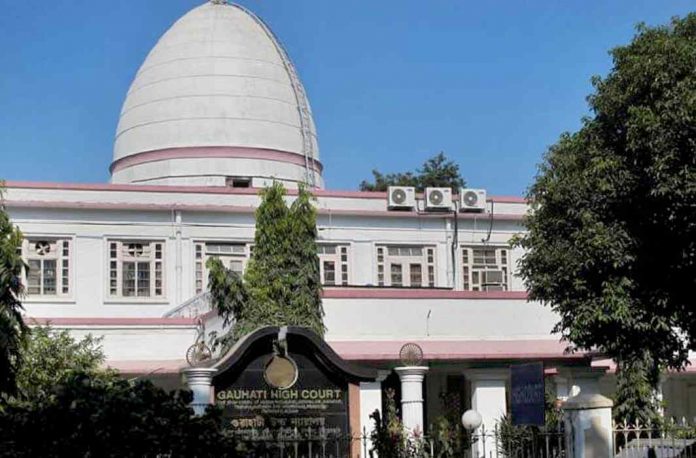The Gauhati High Court has directed a petitioner seeking relief in boundary dispute between the states of Assam and Mizoram to approach the Supreme Court, as the Apex Court has been given the original jurisdiction to deal with any dispute between two or more states, as provided under Article 131 of the Constitution.
The order was passed by the Division Bench of Justices N. Kotiswar Singh and Manish Choudhury on September 20, on a PIL filed by Baharul Islam Barbhuiya. The petition sought following reliefs:-
(i) To constitute a boundary commission to permanently resolve the boundary dispute between the states of Assam and Mizoram.
(ii) To demarcate boundaries of Assam and Mizoram through satellite imaging to settle the inter-state border.
(iii) To demarcate interstate boundaries of Assam and Mizoram as defined in the North-Eastern Areas (Reorganisation) Act of 1971.
(iv) To take appropriate steps to build mutual trust and good relationship between the people of the State of Assam and Mizoram.
According to Article 131 of the Constitution:-
“131. Original jurisdiction of the Supreme Court – Subject to the provisions of this Constitution, the Supreme Court shall, to the exclusion of any other court, have original jurisdiction in any dispute— (a) between the Government of India and one or more States; or (b) between the Government of India and any State or States on one side and one or more other States on the other; or (c) between two or more States, if and in so far as the dispute involves any question (whether of law or fact) on which the existence or extent of a legal right depends: Provided that the said jurisdiction shall not extend to a dispute arising out of any treaty, agreement, covenant, engagement, sanad or other similar instrument which, having been entered into or executed before the commencement of this Constitution, continues in operation after such commencement, or which provides that the said jurisdiction shall not extend to such a dispute.”
“We are of the opinion that this PIL will not lie before this Court having no jurisdiction to entertain the same to deal with the issue,” the order read.


